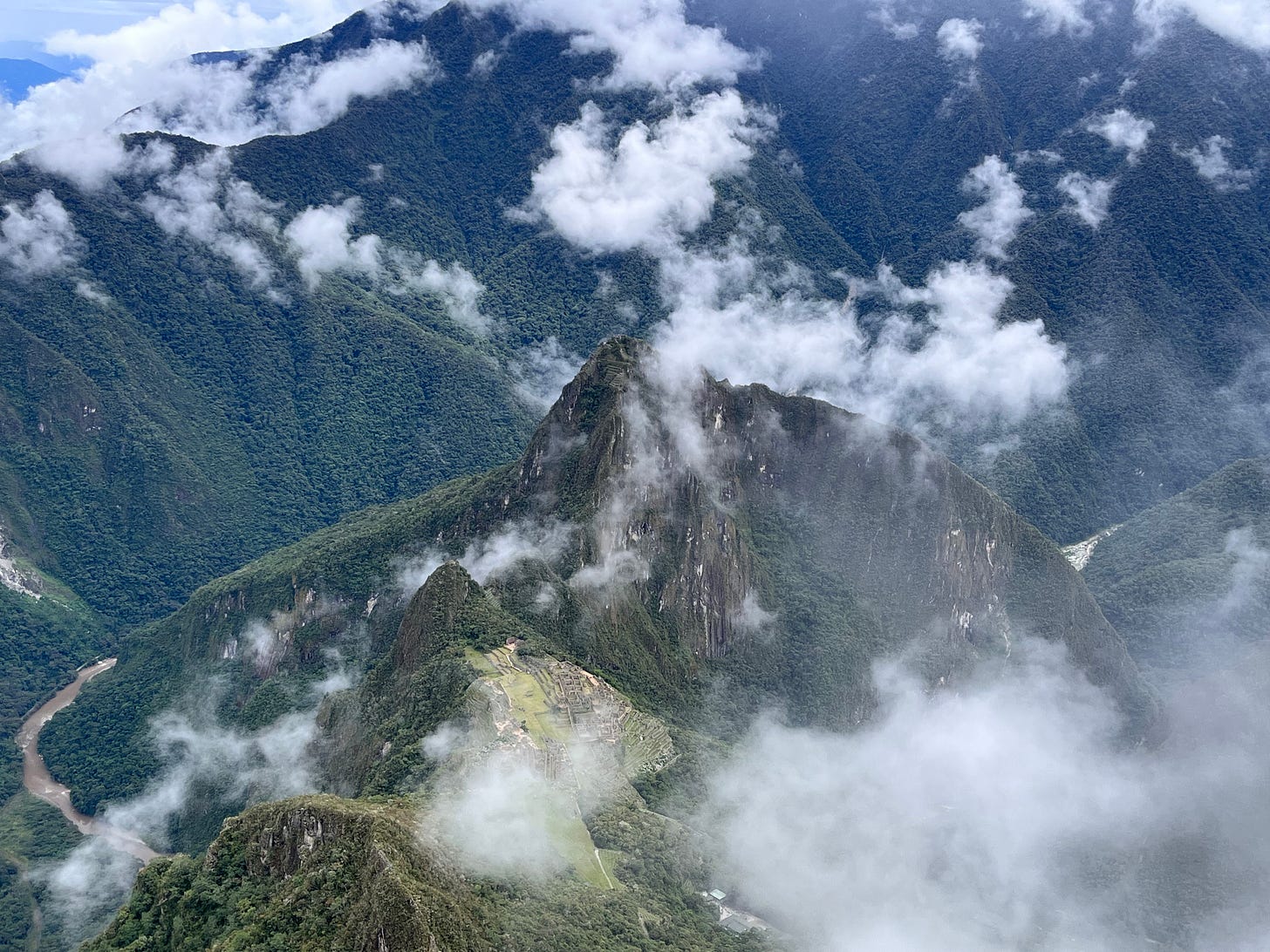“This narrow loch has never, I believe, been sounded. I know its depth, though not in feet.” — Nan Shepherd, The Living Mountain
I read this sentence and remember it later incorrectly as “I know the heights of this mountain, though not in feet.” I’ve been thinking about what we know and what we don’t know, what we can and can’t, what we seek to know and what we don’t. E says she’s not a deep thinker, I disagree, then I think, maybe I’m not either. I don’t ask questions about how tall things are, how deep, I don’t categorize according to any objective system, I register only because people tell me to. I wouldn’t count how many books I read in a year, or pay attention to the heights of summits, but people kept asking, so I started tracking. It would be hard to be a reporter who doesn’t care about facts. But I’m here to tell you, I don’t care. How deep, how high, how far, how long. In diving it’s important to constantly monitor air, time, depth. But a mountain is a binary: It’s either mountain, or it’s not. I either hope for it, or I don’t. I think fondly and often of my brother-in-law’s rating system: 1 is good, 3 is bad, 2 is everything else. It would be professionally difficult for a critic to operate on such a scale, but I think it’s perfectly reasonable. It seems evident that drugs and alcohol can and should be measured, that hallucinogenics or caffeine have obvious limits, and yet, this knowledge doesn’t seem to bear on my behavior. Deep down, it’s like I don’t believe it. Japanese friends ask me, is that countable? It’s one of those English rules native speakers never learn, that nouns are considered countable — friends, apples — or uncountable — advice, fear. I travel with scientists; I like it. They measure and classify. Things are knowable. I walk behind feeling heights. Afterwards, we compare notes.




